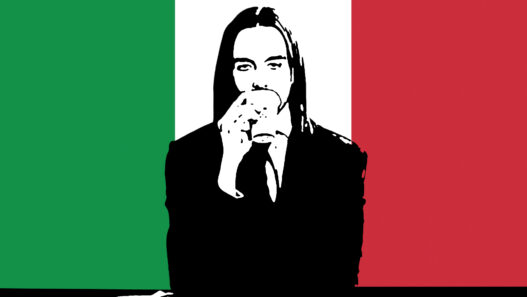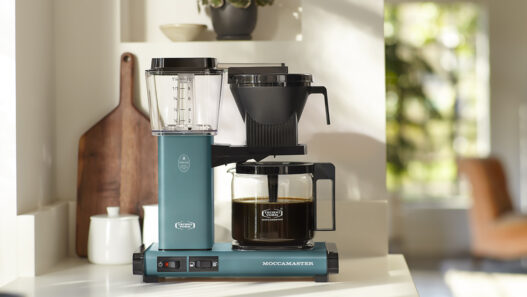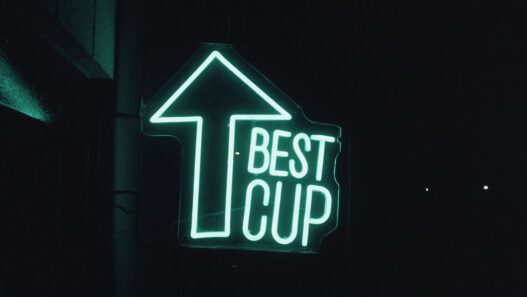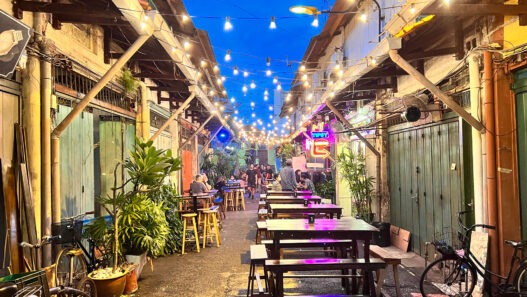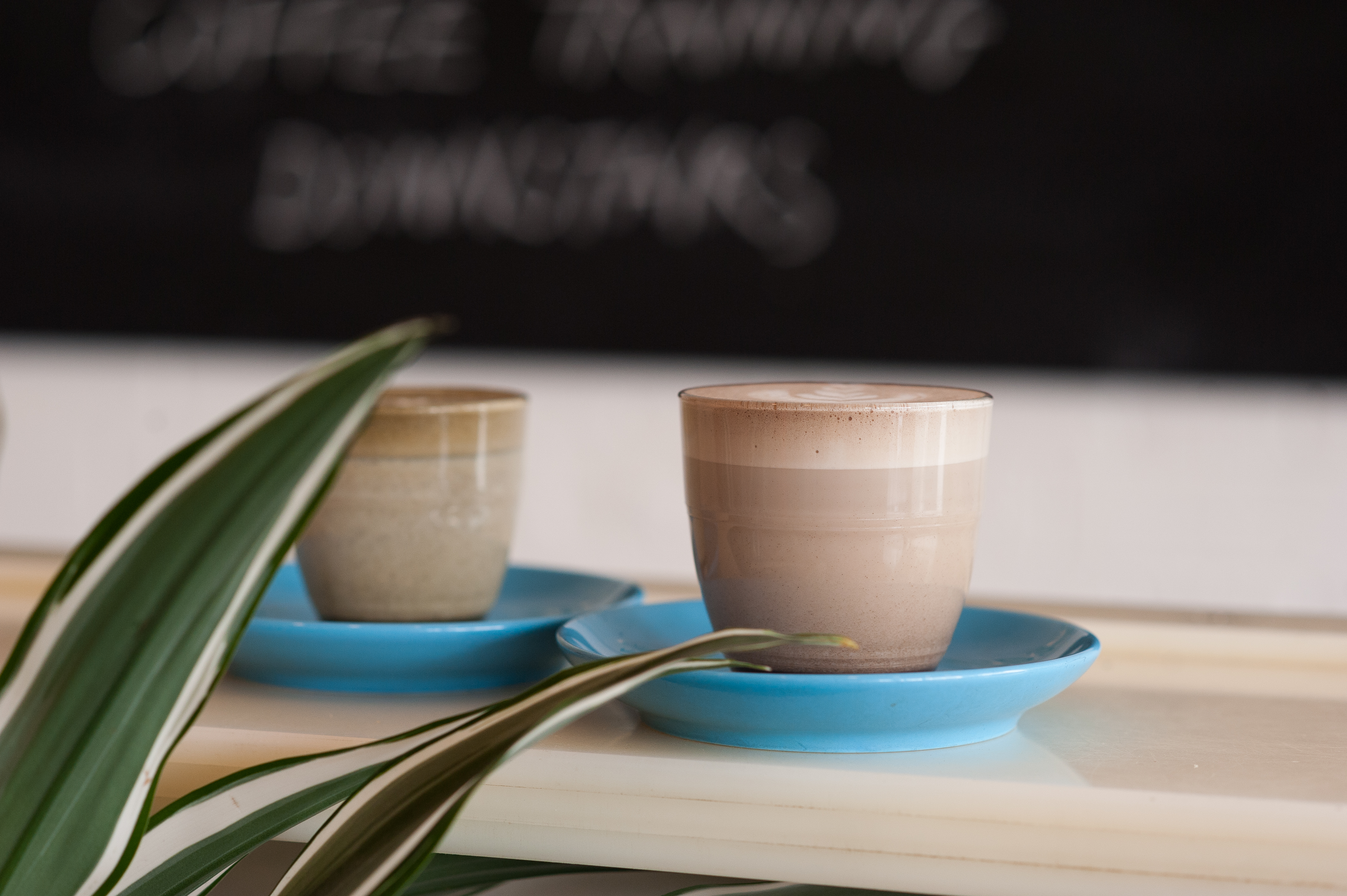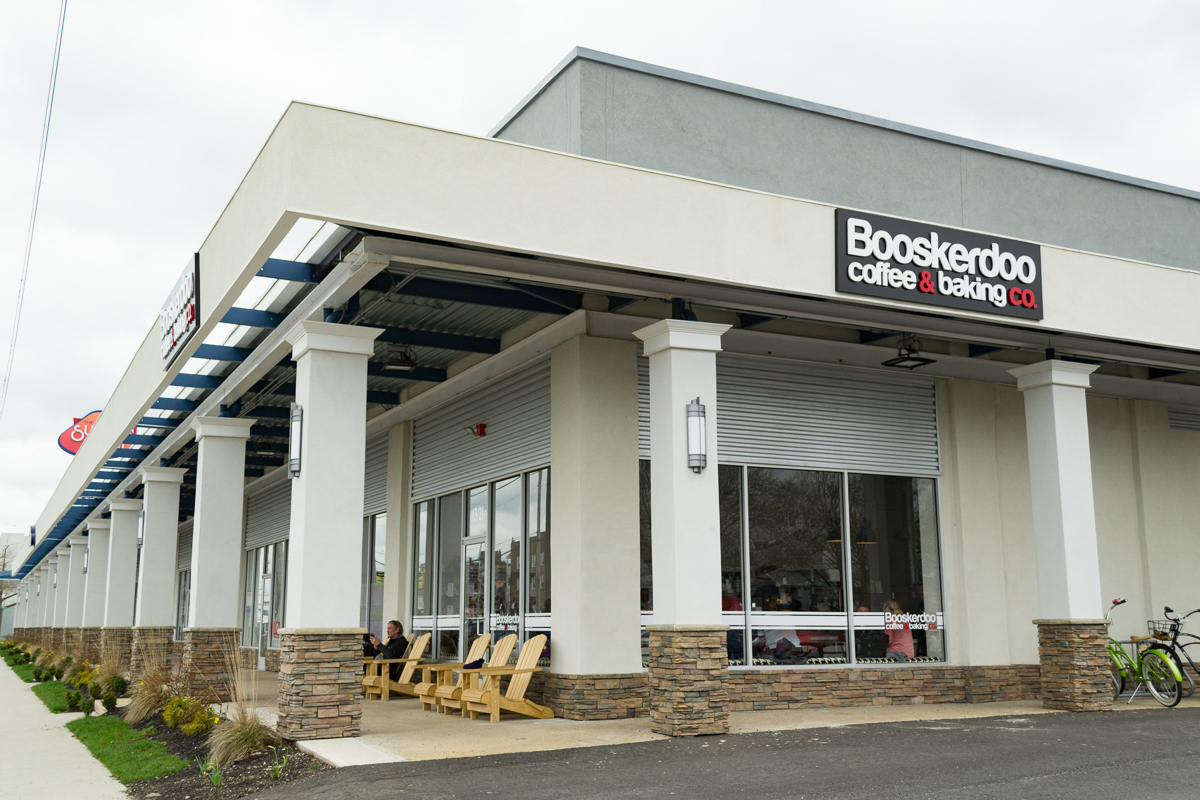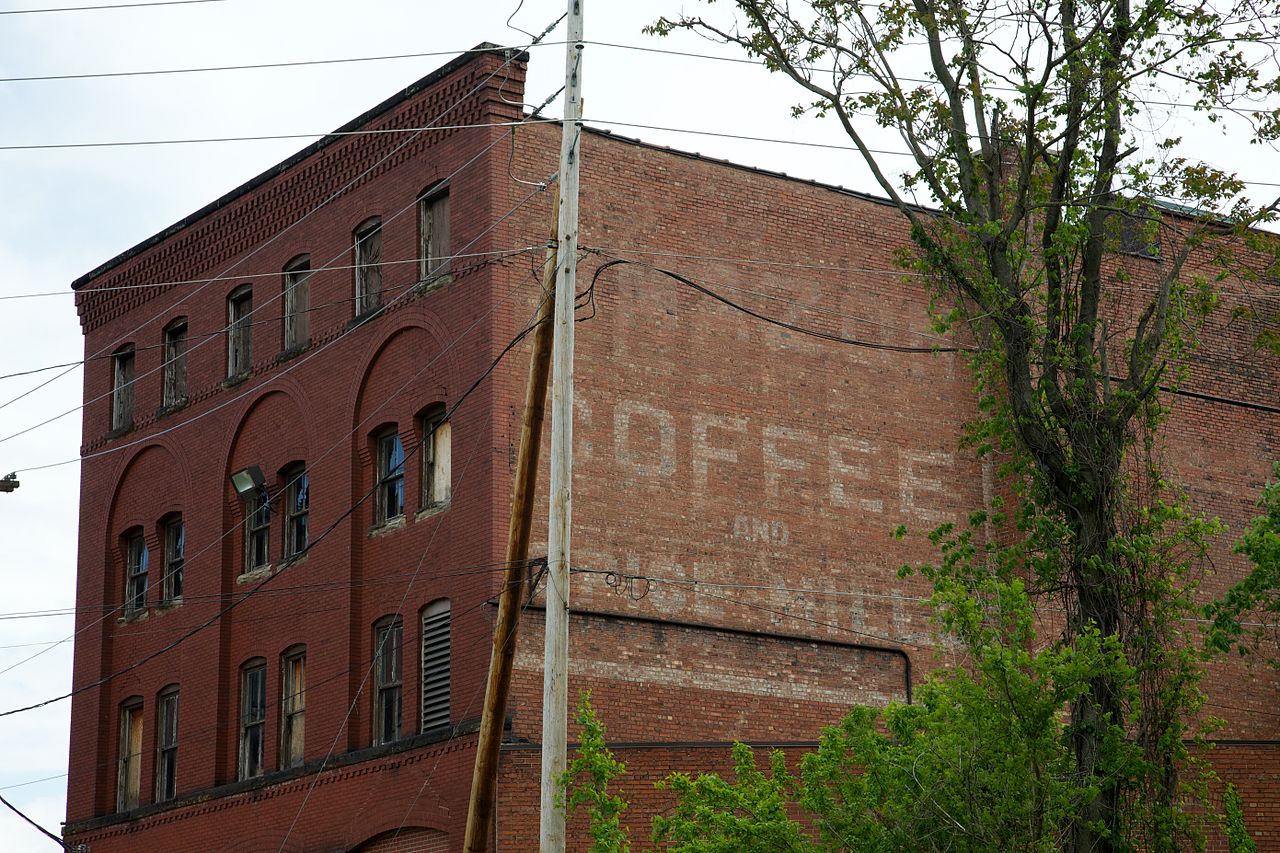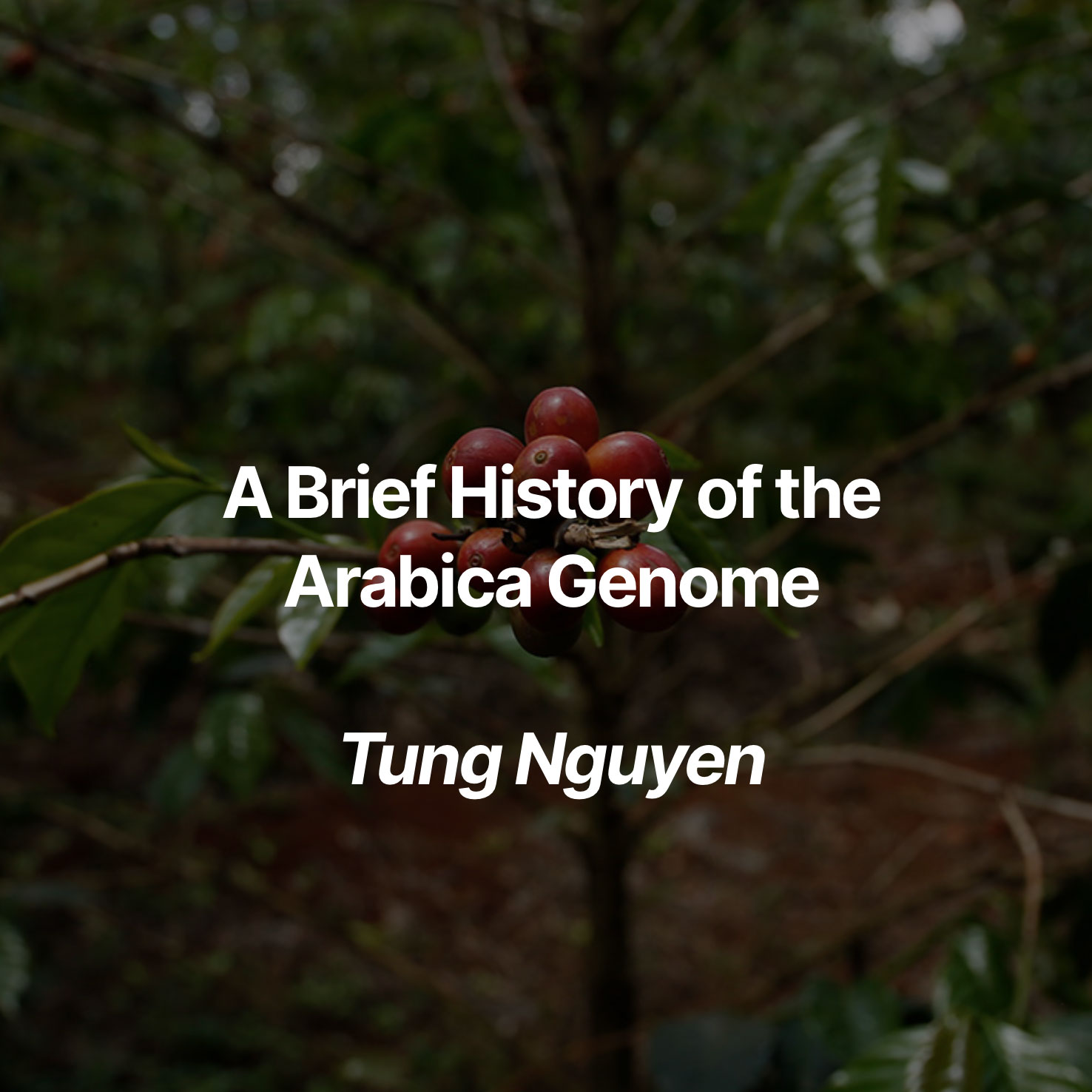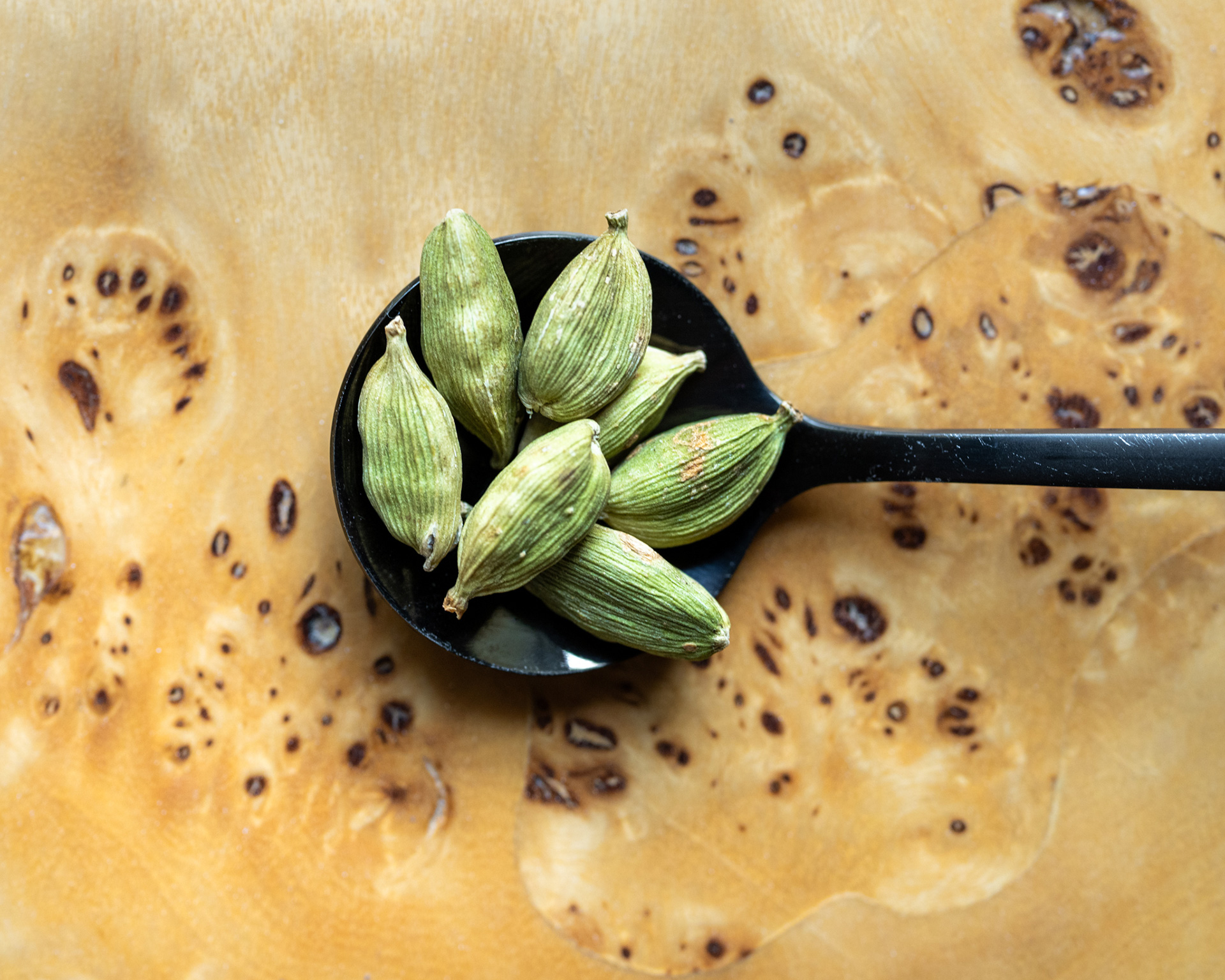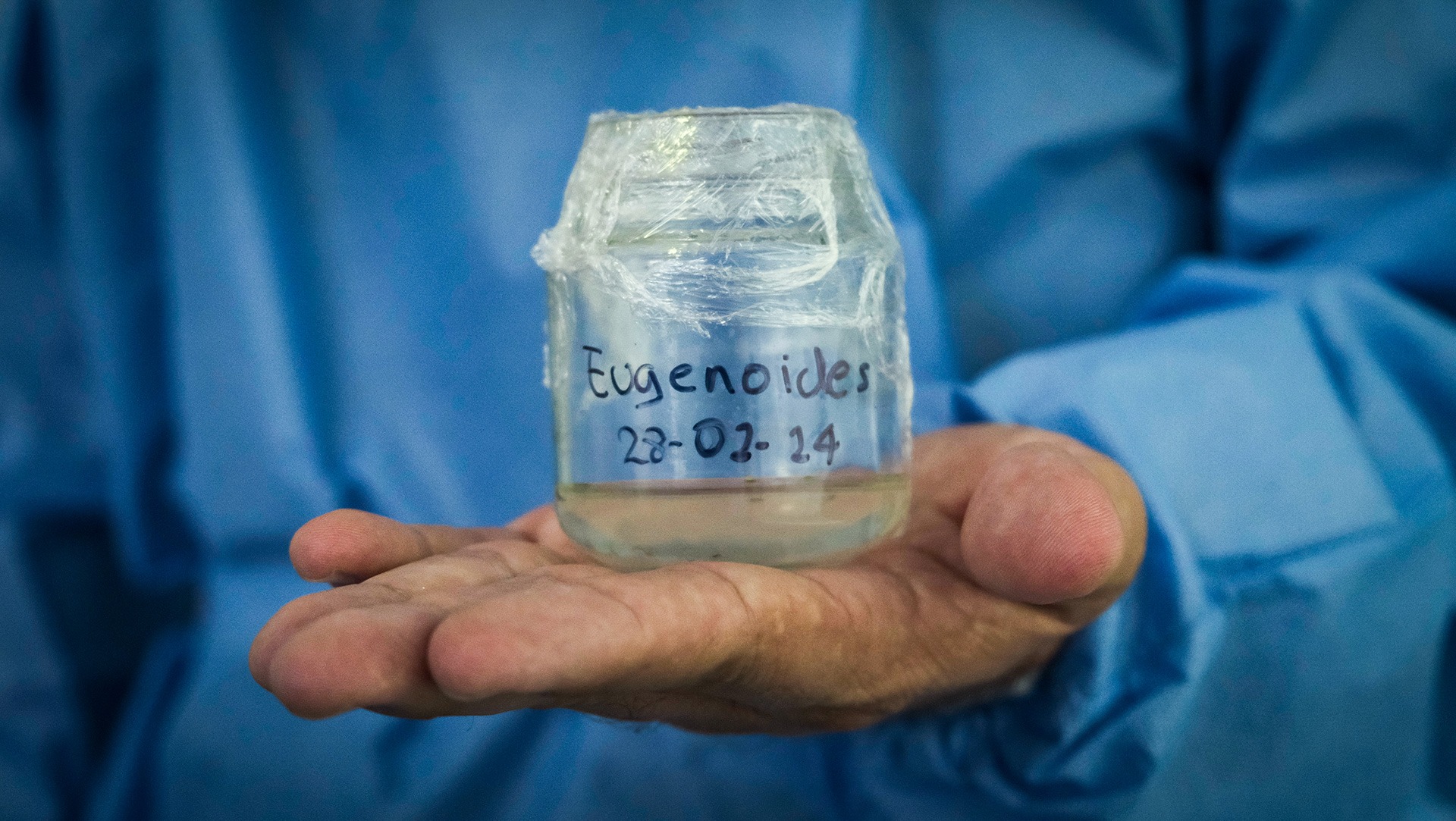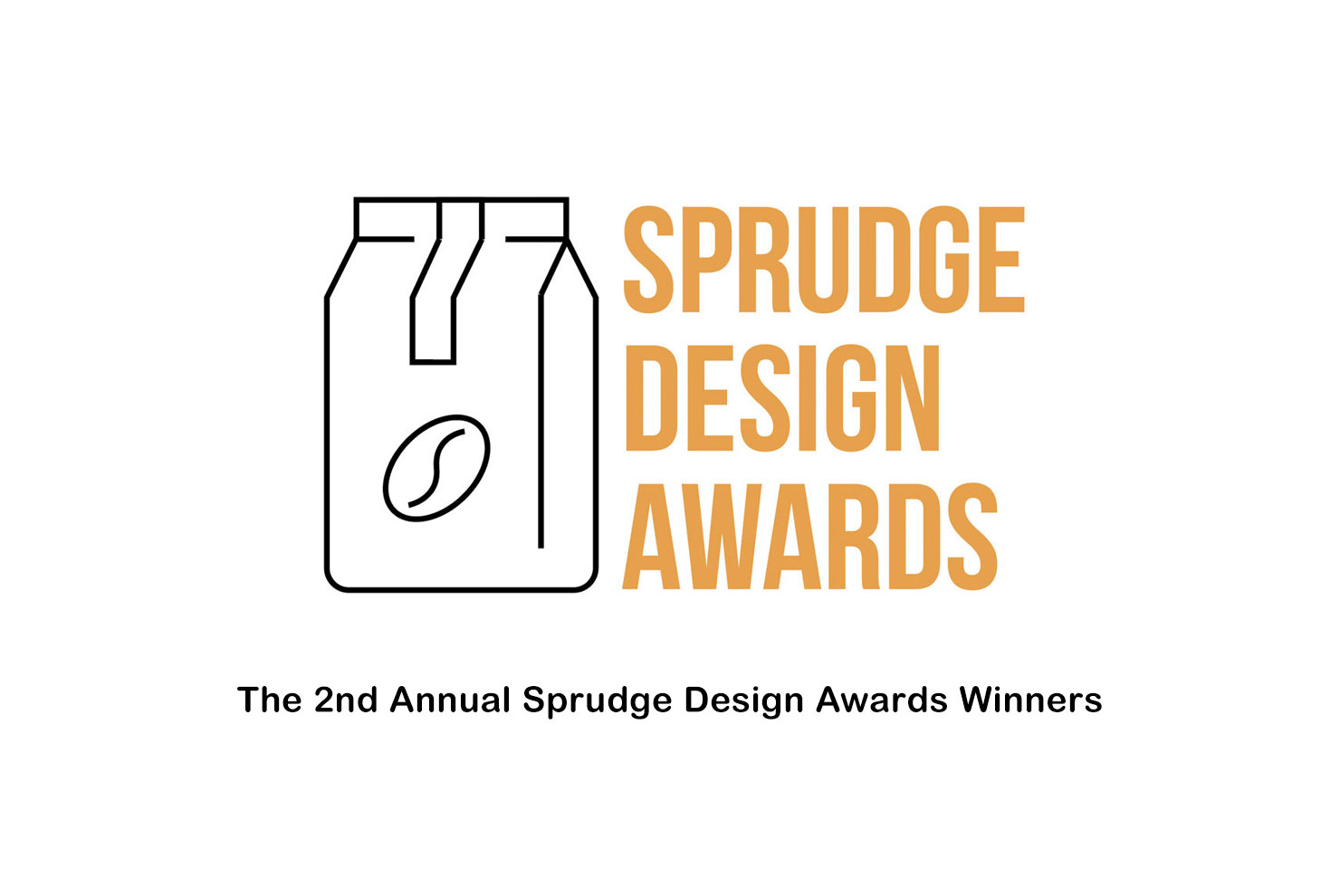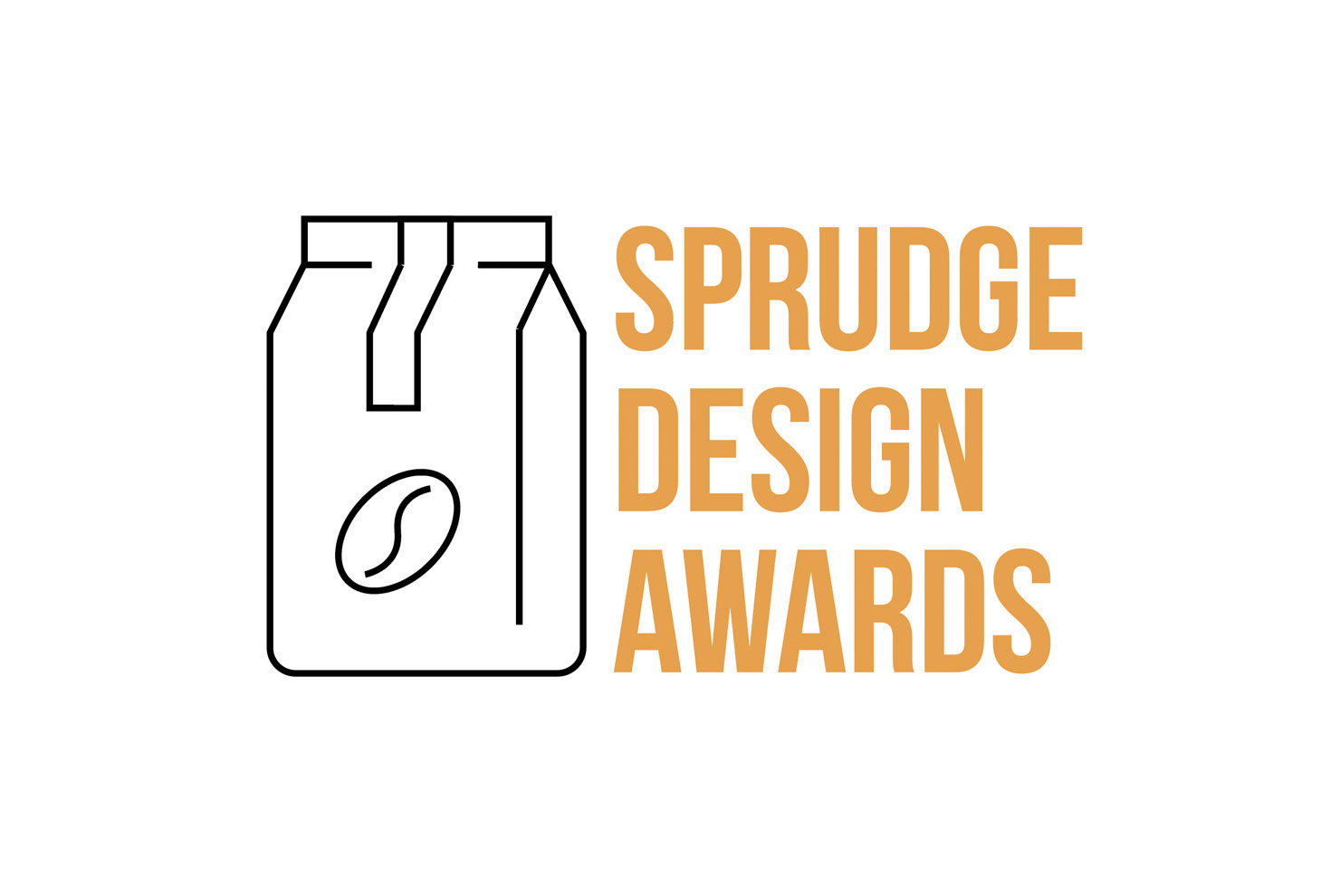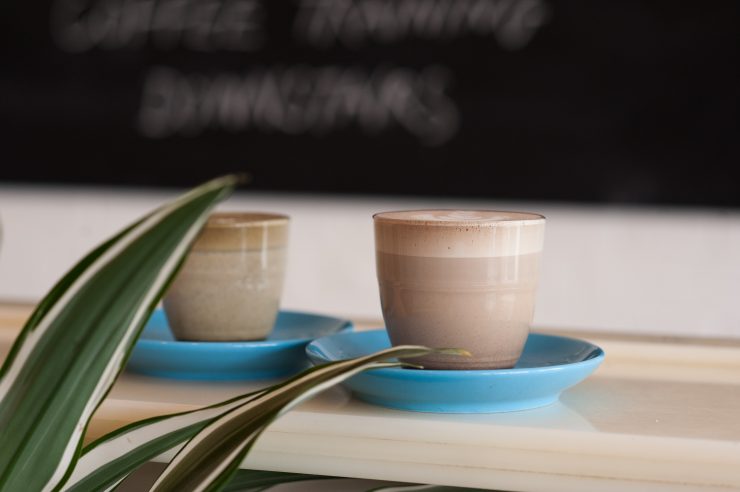
For American coffee drinkers who have seen beverages like matcha lattes on menus for years, it might come as a surprise to hear that tea lattes are relatively new in British culture.
Given that the country’s split between roughly 50% milky tea drinkers versus 50% black tea drinkers (my empirical and very unscientific observation after nearly a decade of cultural assimilation), you would think that tea lattes with foamed milk were but a small step away from what’s popular now. Yet it’s seen as absolute sacrilege by some to add milk over your teabag before the hot water.
All this is to say: you don’t upset the status quo of tea in the UK. And yet, Postcard Teas has decided to do just that.
It hasn’t been an easy road—it’s taken two years of development to get to the point where the team at Postcard felt it could launch “stonerolled tea,” a stone-ground tea, pressed between two heavy 25-kilogram granite stones, rolling at a slow and steady 33 revolutions per minute. (The clever RPM was originally a joke that turned out to be the optimum speed.) It takes one hour to grind only 60 grams of tea, resulting in a powder that is finer than most matchas, finer even than flour.
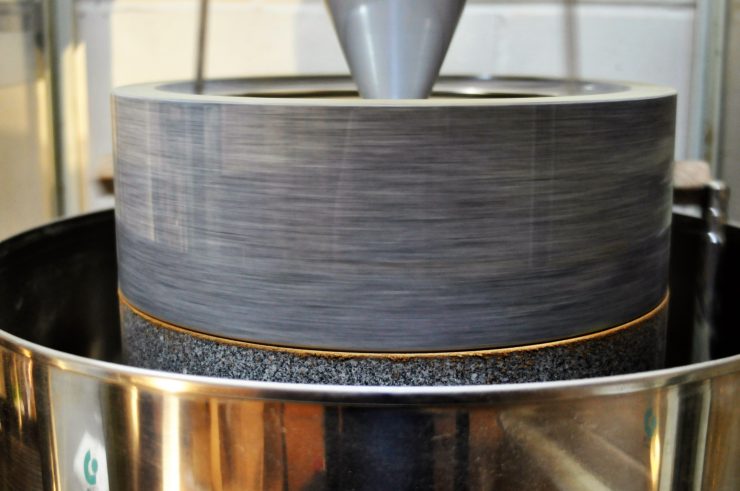
The tea is ground slowly to produce less heat and friction during the process, which preserves more flavor and nutrients within. It’s the same principle behind many of the new generation of climate-controlled coffee grinders which seek to keep the temperature low and consistent to preserve the integrity of expensive specialty beans.
Part of the Postcard team’s journey has been discovering one reason why tea lattes, outside of matcha lattes, aren’t more widespread. Out of the 60–70 teas Postcard has in its repertoire, every one of which they tried as stonerolled, they found that very few worked well in textured milk.
Matcha lattes have become popular worldwide, but without added sugar and flavoring, they can be very grassy and even bitter. Postcard wanted something aromatic to evoke the experience of a strong coffee, with no added sugar or flavorings so that the natural flavors of tea come through.
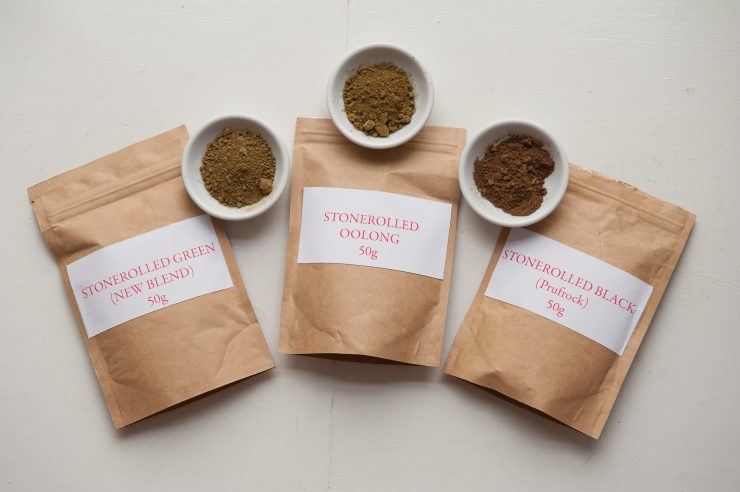
The lineup of stonerolled teas is interesting in that each offering—green, black, and oolong—are all blends. This feels significant, given that both specialty coffee and tea often lean towards showcasing the unique flavors of beans or leaves from a single, specific place. For Postcard Teas, however, it was all about creating a palate-pleasing drink that cafe-goers would find comfortable and familiar enough to make the leap. Each blend is made from teas that are individually roasted, individually stonerolled, and then blended together into the finished powder, ready for finishing with milk.
Currently, you can try these uniquely ground teas in latte form at London’s Prufrock Coffee, where, like their coffees, stonerolled teas are offered in a variety of milk ratios: four ounces like a cortado, six ounces like a flat white, or eight ounces like a cappuccino or latte.
Prufrock’s Jeremy Challender has his favorite combinations: green tea in four ounces of milk to let the slight matcha-like bitterness shine; oolong in six ounces of milk to get the best, maltiest balance of tea and milk; and black tea that can stand up to the sea of milk, offering something really quite similar to a roasty, chocolatey cappuccino.
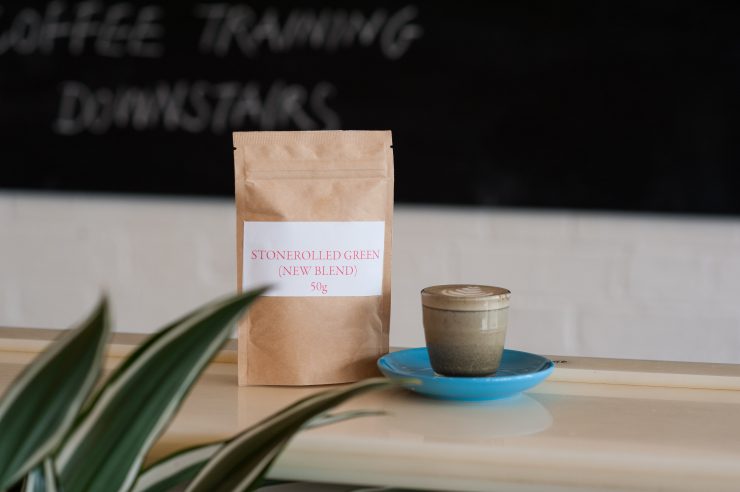
Prices are comparable to, and even more expensive than, specialty coffee. Customers may balk at £3.40 for a six-ounce drink, especially for “just tea.” However, given the journey the tea takes to get to this stonerolled state, it’s surprising it doesn’t cost more.
Tim D’Offay of Postcard believes that while there is a culture and a buzzing community surrounding coffee, the tea world can be much more insular. What he is hoping for in bringing stonerolled tea to the specialty coffee arena is that it will open up the tea world a bit more and encourage its culture to move forward and become more open. In this mode of cross-cultural exchange, tea would be returning to its roots in a way—all while fueling a new drink perfect for the modern cafe.
Kate Beard (@sbinlondon) is a Sprudge staff writer based in London. Read more Kate Beard on Sprudge.






